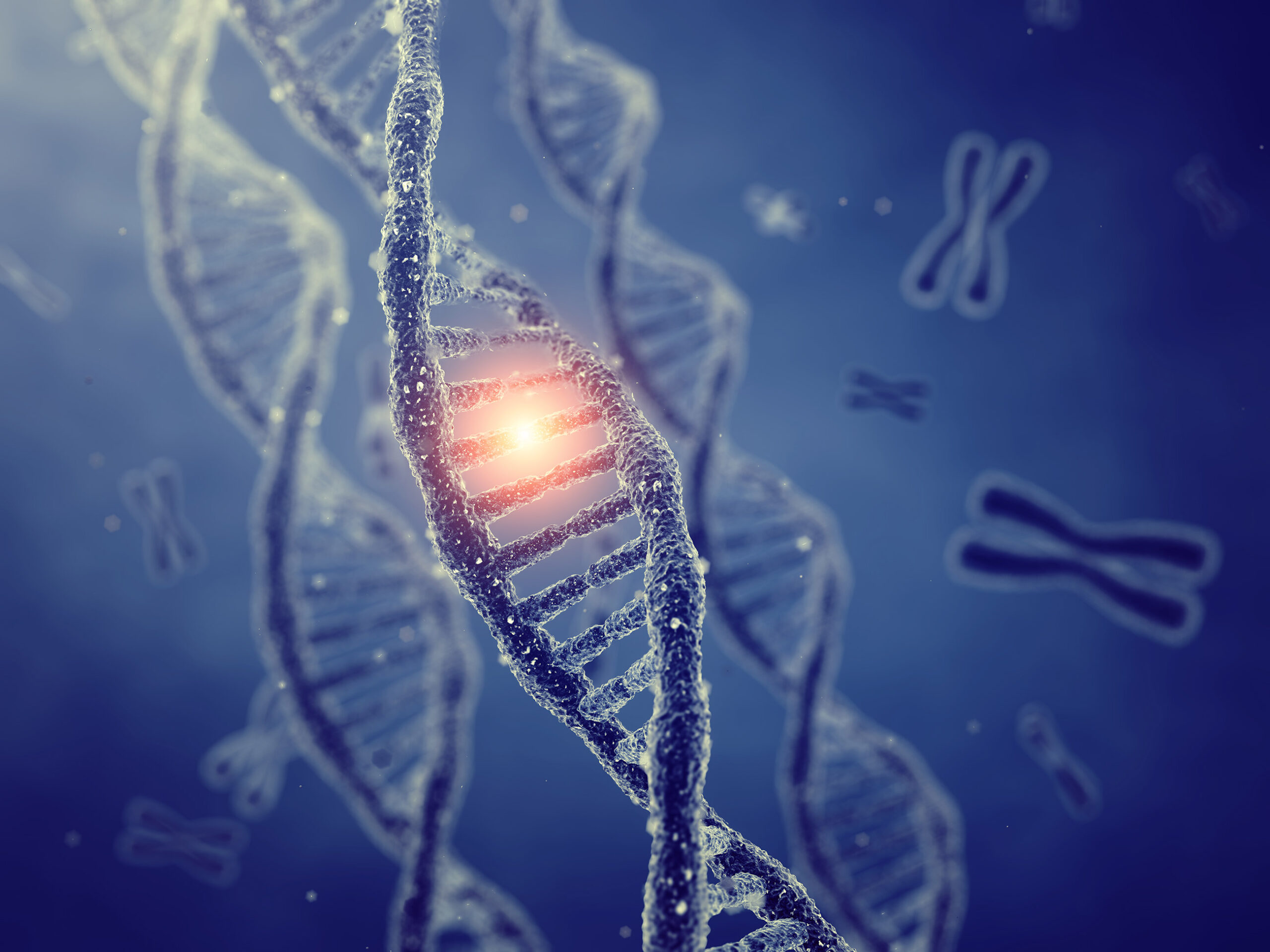The role of genetics in depression is a complex and multifaceted area of study. While environmental factors and life experiences contribute significantly to the development of depression, there is a growing body of evidence highlighting the influence of genetic predisposition. Unraveling the genetic components of depression involves understanding how specific genes and genetic variations may contribute to an individual’s susceptibility to this mental health condition.
Genetic Predisposition:
- Family and Twin Studies:
- Research consistently suggests that individuals with a family history of depression are at a higher risk of developing the condition. Twin studies have also shown that identical twins, who share 100% of their genetic material, are more likely to both experience depression compared to non-identical twins.
- Heritability Estimates:
- Heritability estimates, which quantify the proportion of variation in a trait that can be attributed to genetic factors, indicate a substantial genetic component in depression. However, it’s crucial to note that heritability does not imply a single “depression gene” but rather reflects the overall genetic influence on the risk of developing depression.
Genetic Factors:
- Serotonin Transporter Gene (SLC6A4):
- The serotonin transporter gene is one of the most extensively studied genes in relation to depression. Variations in this gene may affect the regulation of serotonin, a neurotransmitter associated with mood regulation.
- Brain-Derived Neurotrophic Factor (BDNF):
- BDNF is involved in the growth and maintenance of neurons in the brain. Genetic variations in the BDNF gene have been linked to alterations in brain structure and function, potentially influencing an individual’s vulnerability to depression.
- Monoamine Oxidase A (MAOA):
- MAOA is an enzyme involved in the breakdown of neurotransmitters such as serotonin and norepinephrine. Genetic variations in the MAOA gene have been associated with an increased risk of depression, particularly in response to adverse life events.
- Hormonal Receptors:
- Genes encoding receptors for stress hormones, such as the glucocorticoid receptor gene (NR3C1), have been implicated in depression vulnerability. These genes play a role in regulating the body’s response to stress.
Gene-Environment Interaction:
- Stressful Life Events:
- Genetic factors may interact with environmental stressors, such as trauma or chronic stress, to increase the risk of depression. The interplay between genes and environment is known as gene-environment interaction.
- Epigenetics:
- Epigenetic modifications, which involve changes in gene activity without altering the underlying DNA sequence, can be influenced by environmental factors. Stress and adversity may lead to epigenetic changes that contribute to the development of depression.
Implications for Treatment:
- Personalized Medicine:
- Understanding an individual’s genetic predisposition to depression may contribute to the development of personalized treatment approaches. Genetic information could guide the selection of medications or therapeutic interventions tailored to the specific biological factors influencing the person’s condition.
- Targeted Therapies:
- Ongoing research into the genetic basis of depression may lead to the identification of novel therapeutic targets. Targeted therapies could focus on addressing specific genetic vulnerabilities associated with the condition.
It’s important to note that while genetics play a significant role, they do not solely determine the risk of depression. Environmental factors, lifestyle, and individual experiences also contribute to the complexity of this mental health condition. Continued research in the field of psychiatric genetics is essential for advancing our understanding of depression and developing more effective, personalized treatment strategies.

